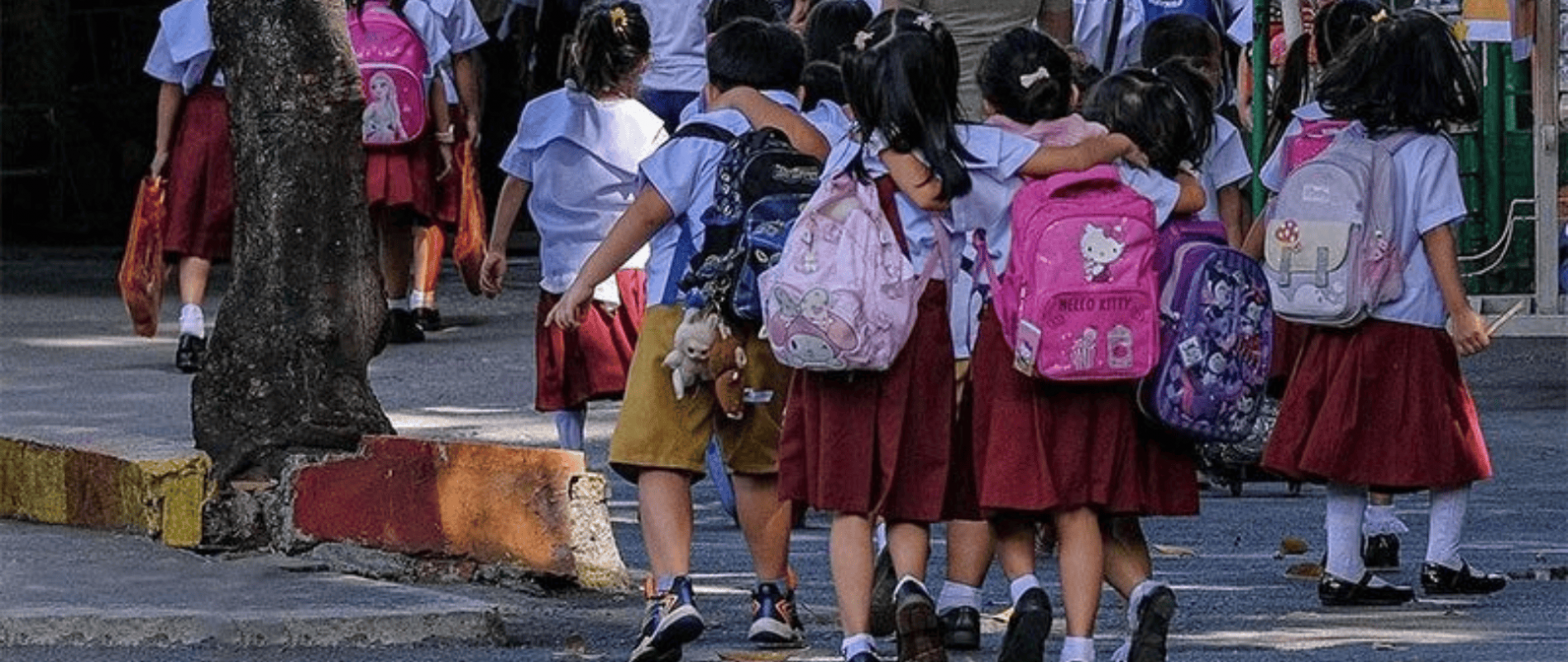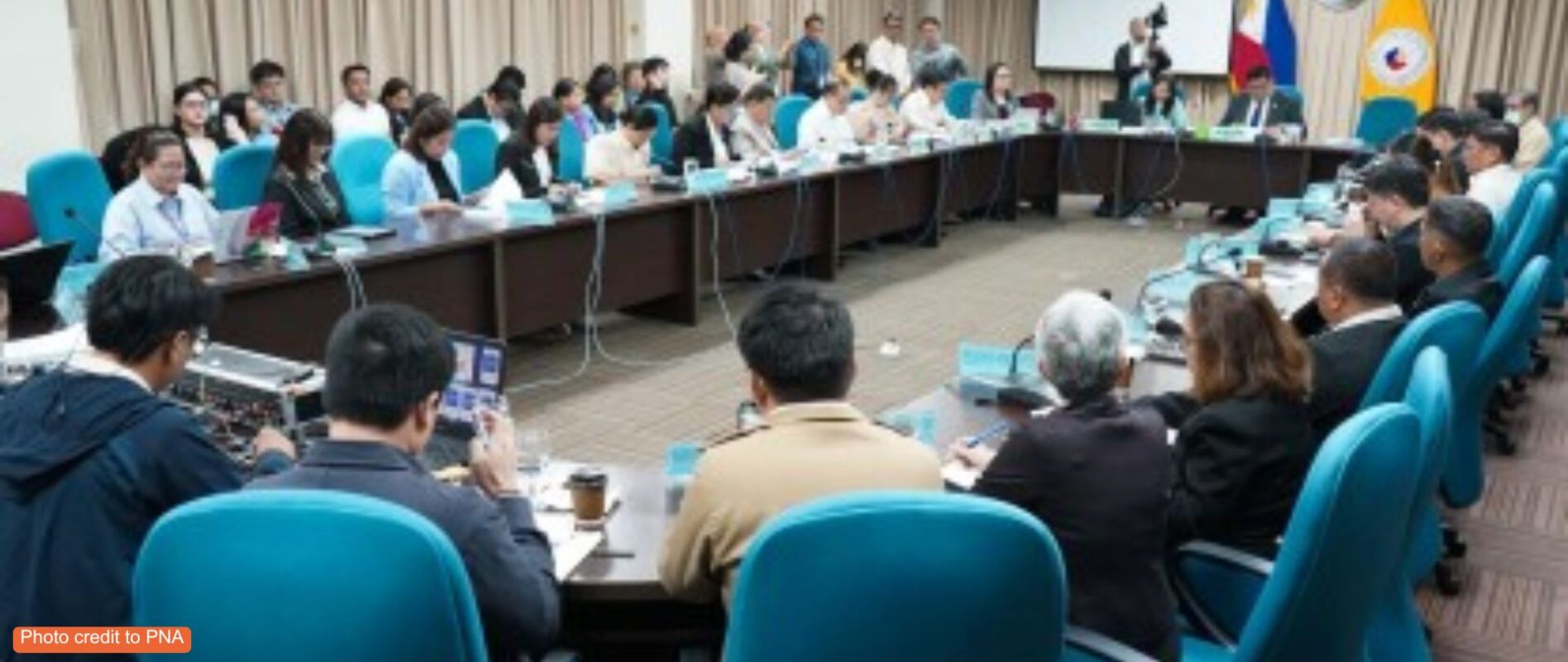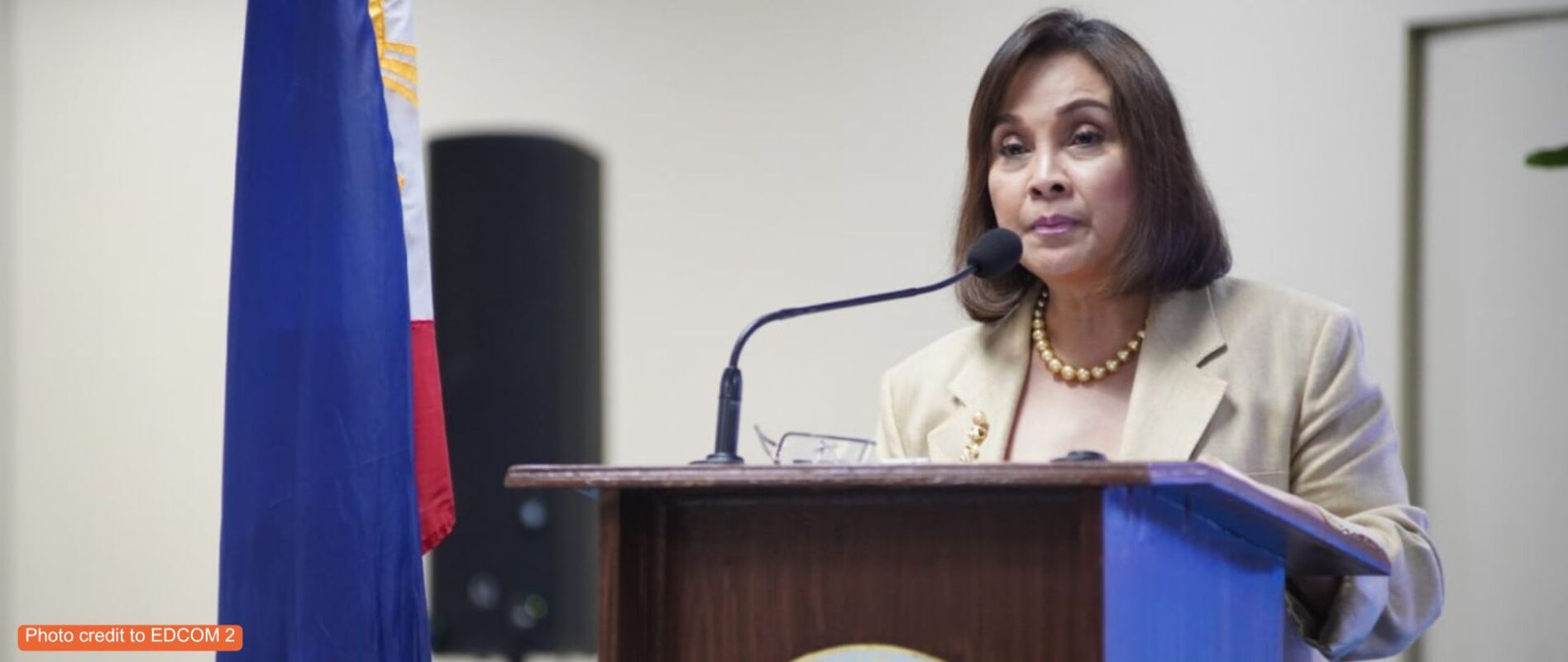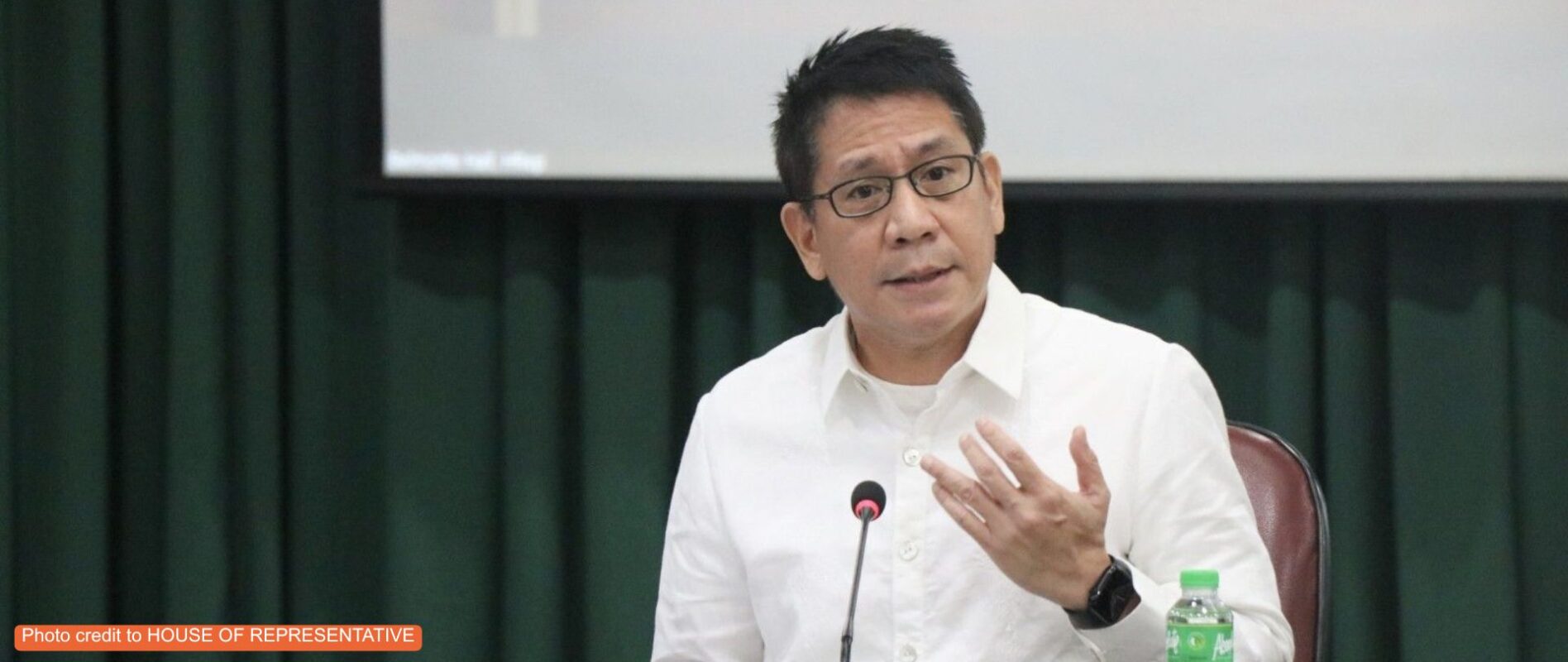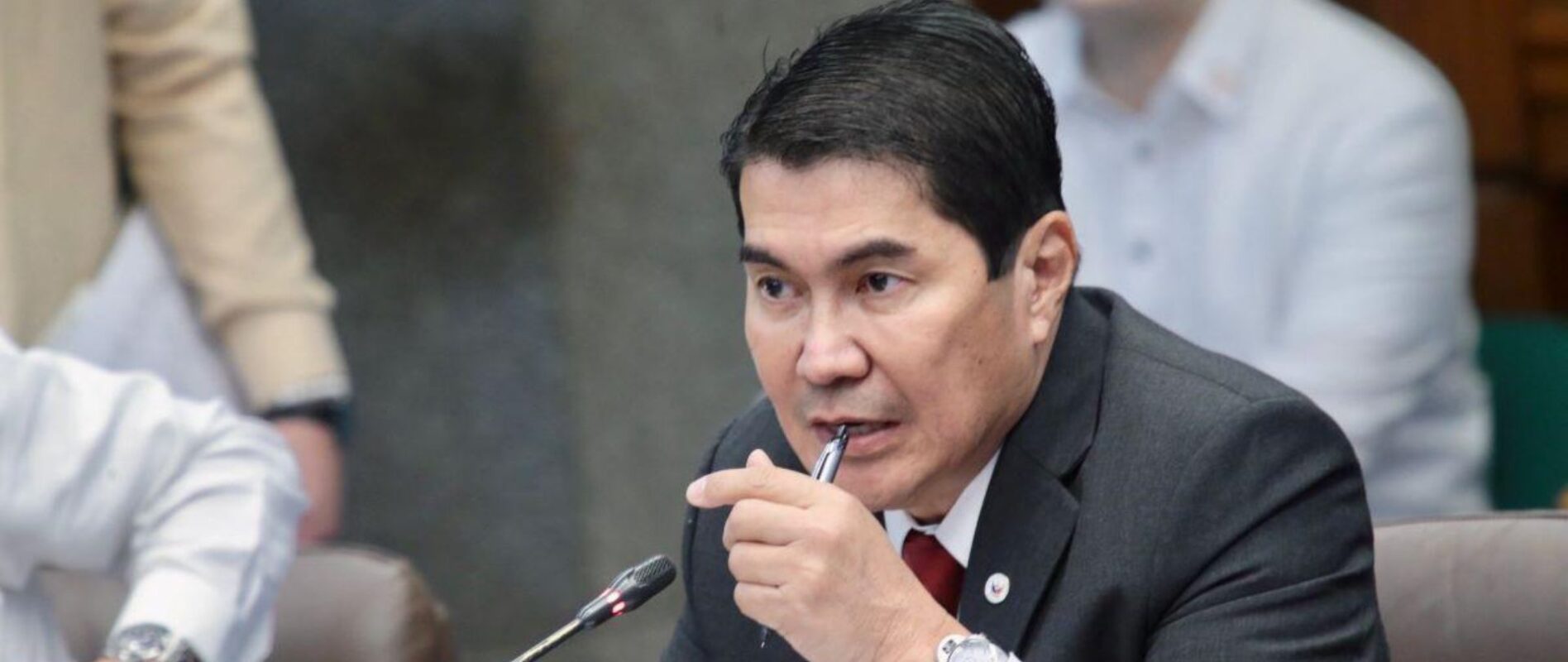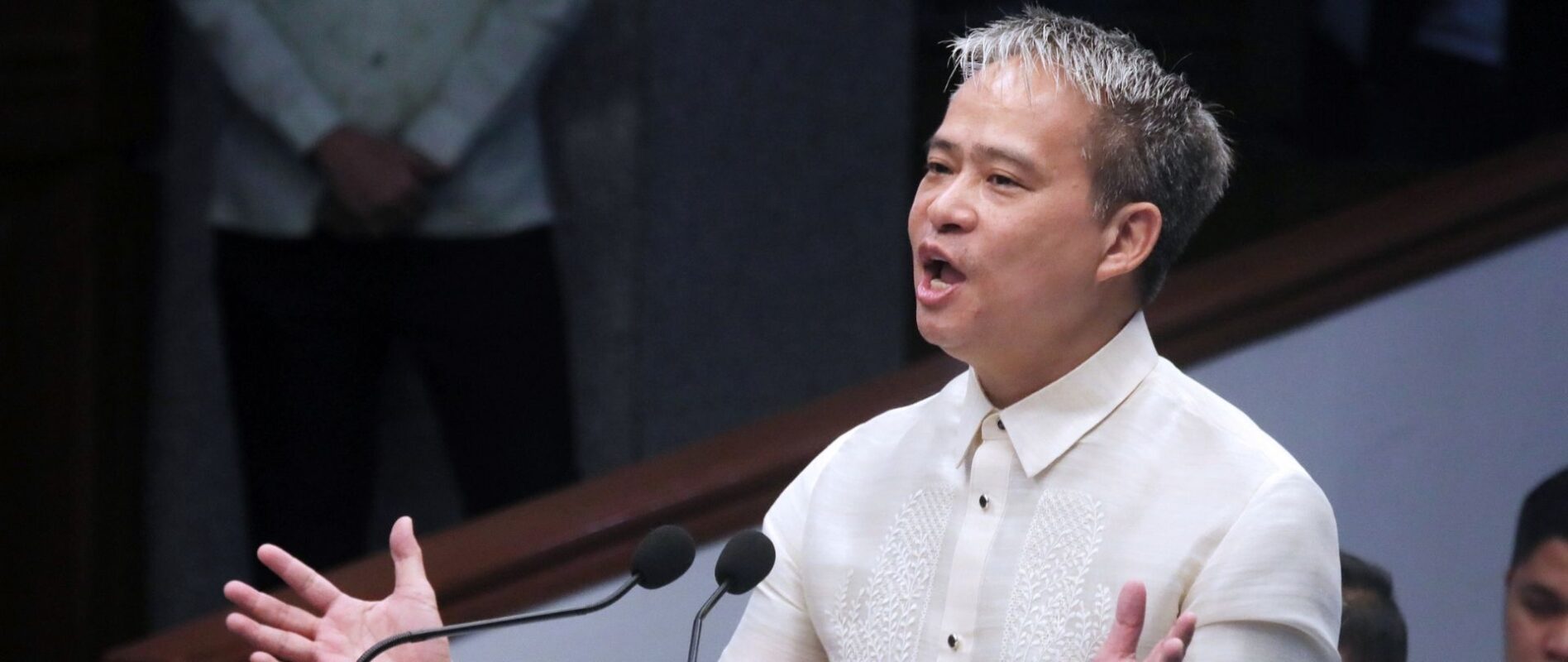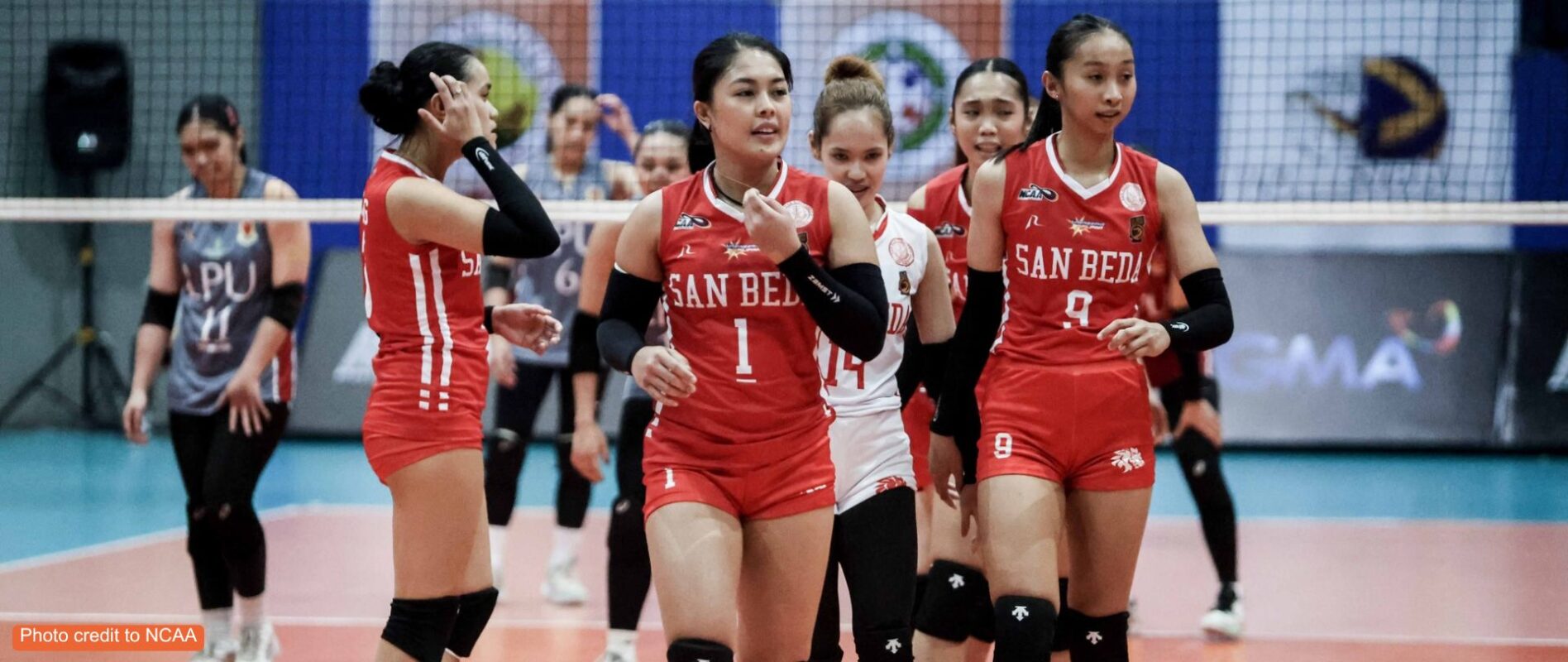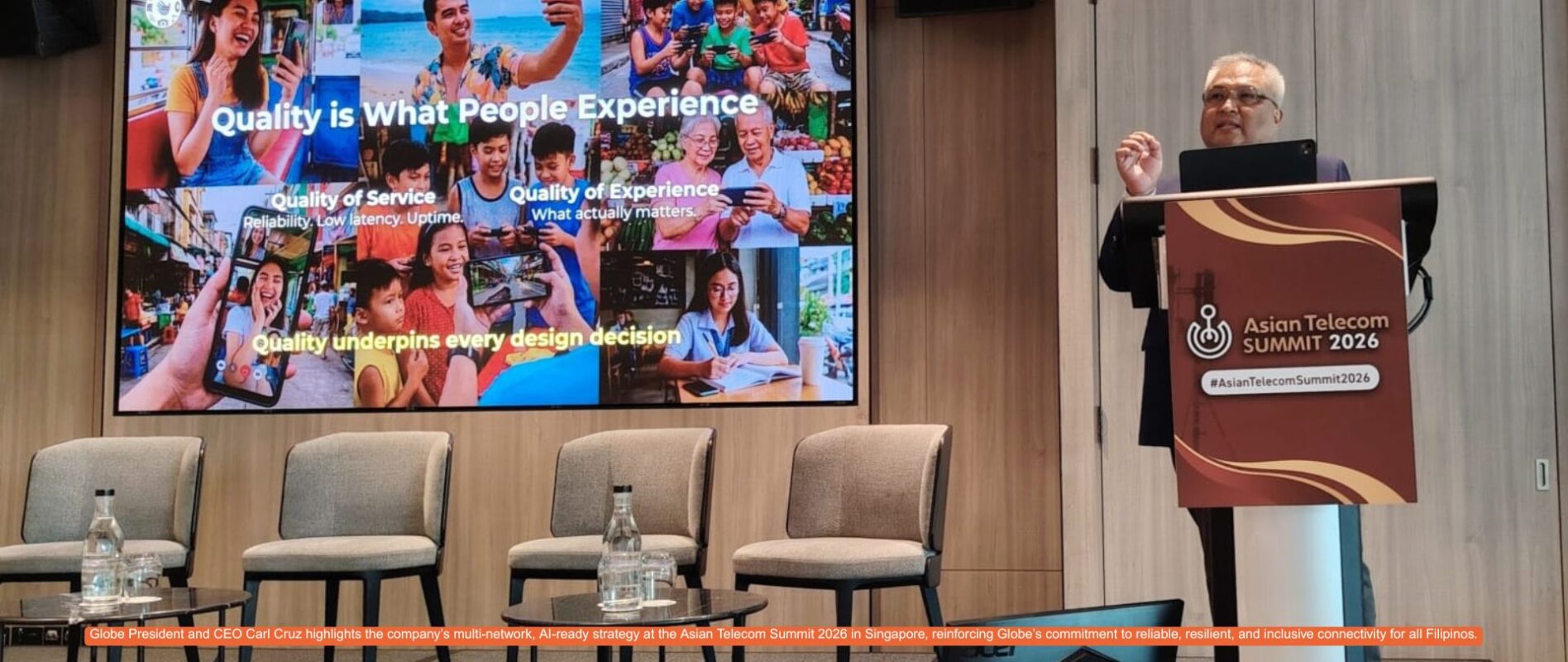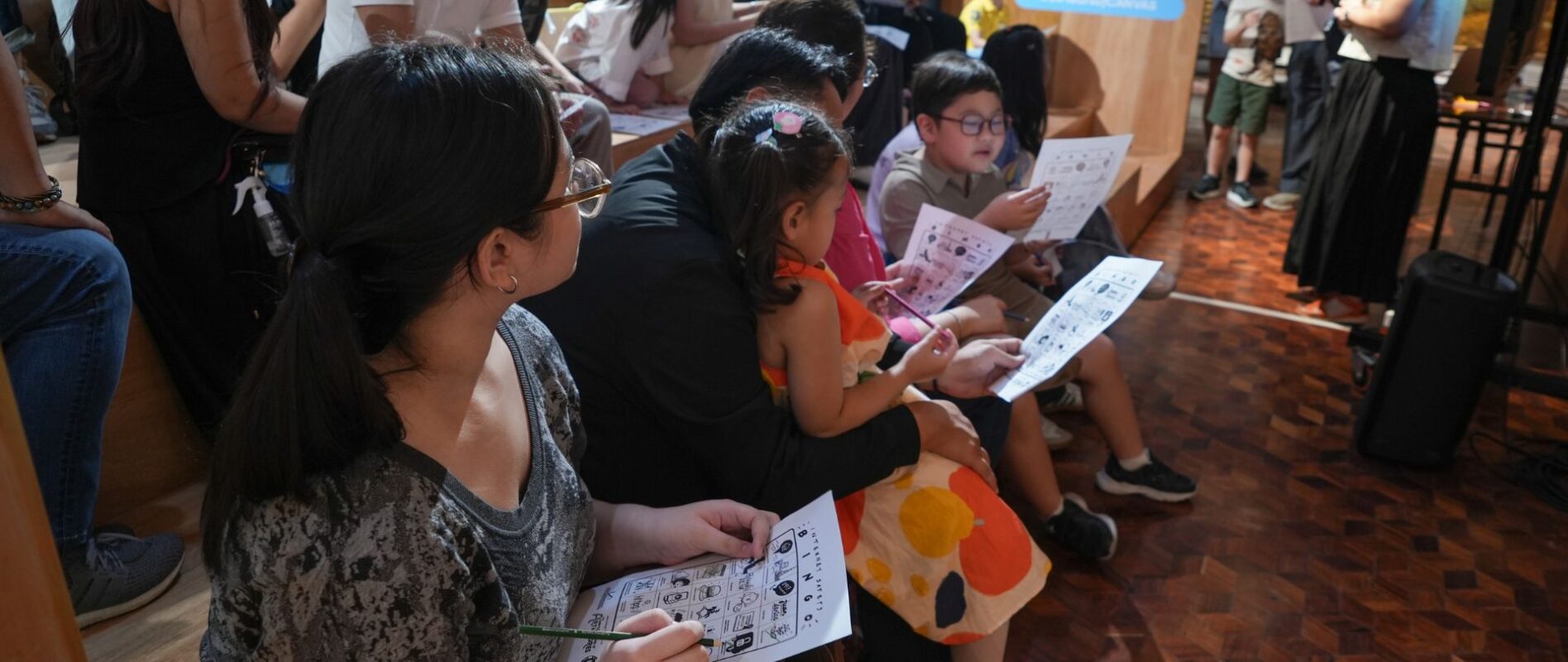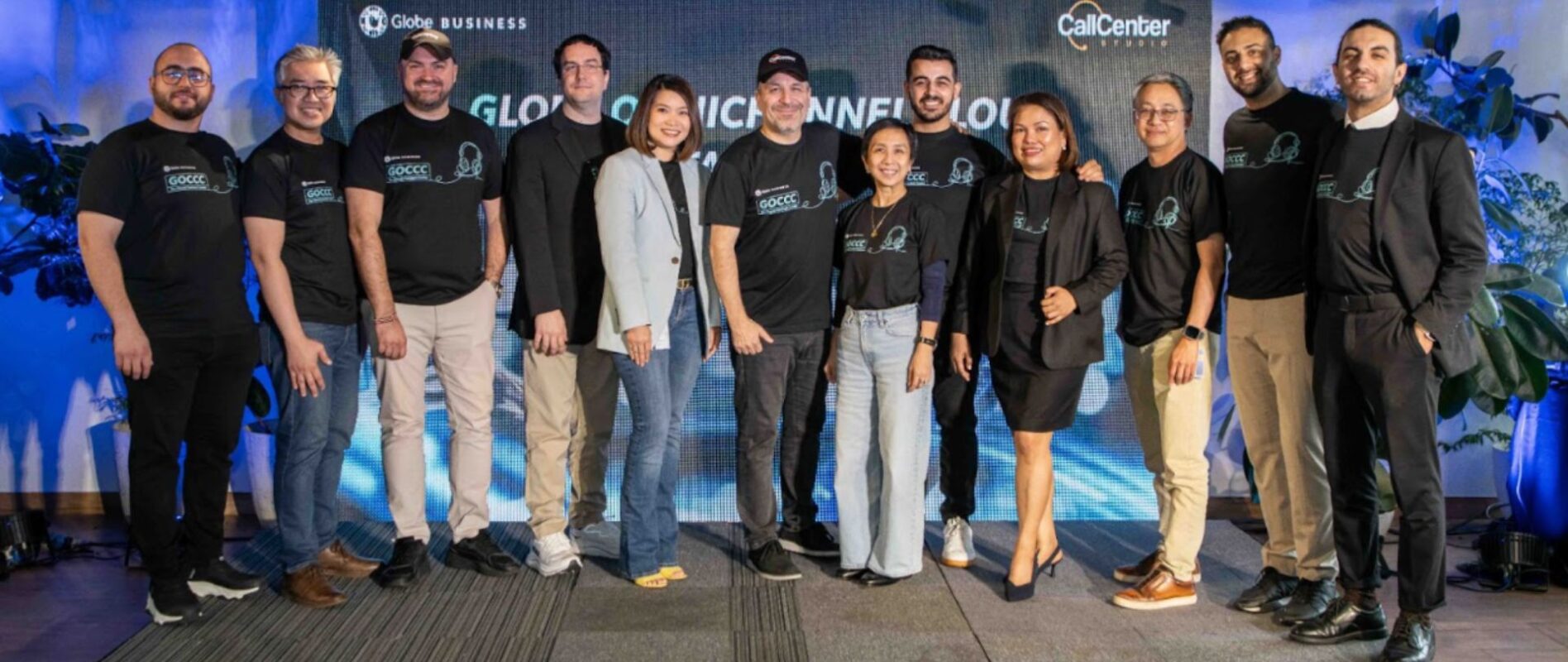SENATOR PUSHES FOR DAILY MEALS, ANTI-BULLYING MEASURES, BETTER INTERNET IN PUBLIC SCHOOLS
SENATOR Raffy Tulfo expressed strong support for Senator Bam Aquino’s privilege speech on the country’s education crisis, saying the issues raised were “very timely” as the new school year begins and long-standing problems in the public education system persist.
In a statement delivered at the Senate plenary, Tulfo highlighted major challenges confronting the Department of Education, including a nationwide classroom shortage of 165,000 and a deficit of over 56,000 public school teachers—with around 27.6 million students currently enrolled from elementary to senior high school.
“As we enter the budget season, we must ensure that every cent allocated to education directly benefits our students,” Tulfo said.
Beyond infrastructure and staffing gaps, the senator stressed the urgent need to address hunger among students, which he said contributes to poor attendance and learning outcomes.
Referring to Republic Act 11037 or the Masustansyang Pagkain Para sa Batang Pilipino Act, Tulfo said the law’s provision of 120 days of fortified meals per year is inadequate.
“If we truly want to support our poor students, we must address hunger. They cannot think properly in class—or even be motivated to attend—if they haven’t eaten,” he said.
Tulfo is pushing for a measure that would provide one full, fortified meal daily to all public school students from Kindergarten to Grade 12 throughout the school year.
He also raised concern over the persistence of bullying in schools, calling for a stronger, more preventive approach rather than just reactive support for victims.
“Let’s examine where we are falling short. We must do more than just respond—we need to stop bullying before it happens,” he said.
As Chairperson of the Senate Committee on Public Services, Tulfo also vowed to improve internet access in public schools, especially in remote areas.
He underscored the importance of connectivity not only for online learning during calamities but also for expanding access to open university programs and digital platforms.
“Reliable internet is now a basic requirement for quality education,” Tulfo said.

